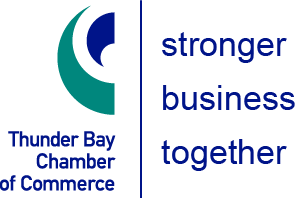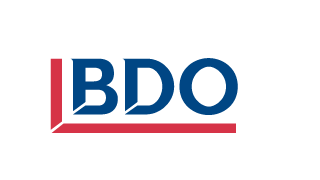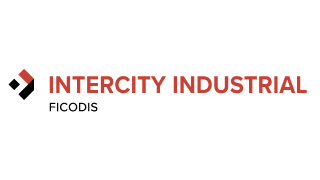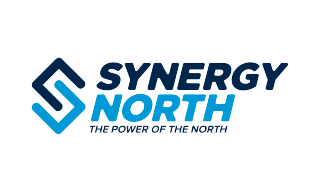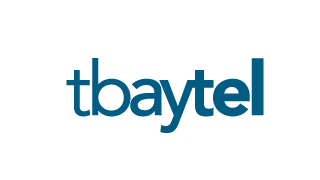At the 2020 Annual General Meeting of the Ontario Chamber of Commerce, to be held in Timmins ON from April 24 – 26, the Thunder Bay Chamber of Commerce will present the following resolution:
ISSUE:
The current Ontario Energy Board (OEB) framework relating to cost eligibility and cost awards (the framework) makes stakeholder participation prohibitively expensive. As an example, the OEB does not:
- advise parties who are eligible to receive cost awards at the outset of hearings (e.g. proceedings or consultations/policy initiatives)
- guarantee costs associated with participation will be reimbursed; and
- advise parties of the percentage of costs that will be reimbursed.
These costs and the framework are significant barriers to full participation by stakeholders with limited resources. In addition, the Board has pre-determined that certain groups are not eligible for any costs even if they are accepted as an intervenor (i.e: organizations representing municipalities or groups of municipalities).
BACKGROUND
The Ontario Energy Board regulates electricity and natural gas in Ontario, in part by decisions made during hearings on a variety of energy issues including pricing of energy, regulation of generation and distribution of electricity, and for various energy projects that affect the interests of the business community across the Province.
As currently implemented, the framework relating to cost eligibility and cost awards is prohibitively complex which results in uncertainty and increased expense for stakeholders with limited resources. The OEB has set up processes and guidelines which parties, in hearings before the Board (i.e. participants that want to actively contribute to the decision-making process), must prove that they should be: granted Intervenor Status; deemed eligible to receive cost awards; and awarded an amount of costs. Although the OEB sets the guidelines as noted above, such guidelines are further scrutinized by the OEB and are reviewed using a significant amount of discretion.
The OEB prescribes an avenue for reimbursing some of the costs to participants through separate application processes that are also subject to almost full discretion of the OEB. Organizations or individual participants with limited resources are advised to hire legal professionals such as lawyers or paralegals or analysts at their own expense and then apply for reimbursement of the costs that would be calculated according to the OEB’s own guidelines. There is no guarantee of what would be accepted as an eligible cost and at what percentage such expense will be reimbursed (if at all). This process is a significant barrier to full participation, especially by groups in small and rural areas with limited cash resources. This can be viewed as discriminatory toward these stakeholders. The Chambers of Commerce across the Province are concerned that public policy is being decided based on who can afford to be at the table for the discussion in the OEB hearings.
An example that illustrates the high cost of participation is the recent OEB hearing about alternative mechanisms for natural gas expansion. A group of stakeholders from Northwestern Ontario registered as intervenors and spent more than $70,000 to actively participate in the hearing by submitting evidence, arguments or interrogatories (written questions) and by cross-examining witnesses. The decision by the OEB on the issue most important to the group was to uphold the status quo. The application for the reimbursement of costs associated with the hearing took nearly a year to receive a decision to reimburse 98% of the costs and for those costs to be paid out. There was no guarantee that all the costs incurred by the group would be reimbursed by the OEB’s cost award decision.
The vast majority of the OEB hearings are held at their headquarters in Toronto which increases the costs associated with formal interventions by those in rural and remote areas. While the OEB provides telecommunication services (e.g video conferencing) such services, while useful, are not as effective in ensuring a parties positions are integrated into decisions. In addition, many of the applications are extremely technical in nature. As such, organizations that are not in the ‘business’ of intervening require external expertise to assist them in preparing the material for submitting to the OEB and in examining the materials submitted by the applicant and other intervenors. The more complex the application, the higher the costs that will be assumed. When funding is restricted, or approved at a late stage, the participation will be less diligent in order to reduce costs.
Some of the solutions to mitigate the barriers to participation in the OEB hearings can be found in the National Energy Board (NEB) intervenor process. The intervenors in the NEB process are advised up front of the costs that will be eligible and how much of the cost will be recovered, based on the funds available for that particular issue. The participants can then decide if they will proceed with the application to be a participant in the hearings, and if so, the depth of their participation. The NEB also provides upfront funding to assist with the costs of the participants whereas the OEB process requires that the participants pay for all costs and then apply for partial reimbursement.
RECOMMENDATIONS:
The Ontario Chamber of Commerce urges the Government of Ontario (via the Ontario Energy Board) to:
- Create a more transparent and predictable process for cost eligibility and cost awards for participation in OEB hearings.
- Provide sufficient additional funding for participants, ensuring full participation for cost eligible participants in OEB hearings by:
- Providing for an OEB process that takes into consideration the eligible participant’s actual capacity to pay for full participation in the OEB hearings and upholds the principle of fairness for all stakeholders; and,
- Providing for OEB to release advanced funding for costs so all eligible participants can benefit from an up-front amount that covers the costs of initializing and participating in the OEB hearings and for experts (if required). A hold-back can be put in place subject to final submission of expenses etc.
- Amend the cost eligibility and cost awards processes by:
- Advising parties whether they are eligible to receive cost awards at the outset of the hearings and what specific costs they are eligible for;
- Guaranteeing costs associated with participation will be reimbursed; and
- Advising parties of the percentage of costs that will be reimbursed.
